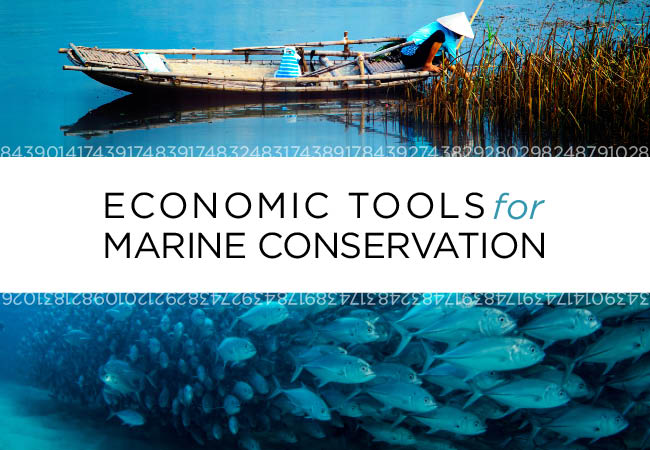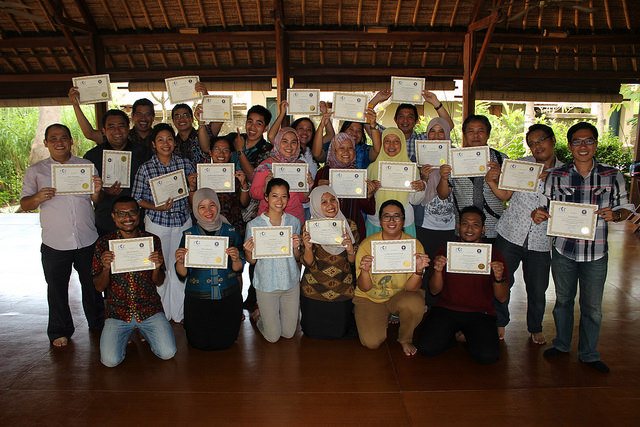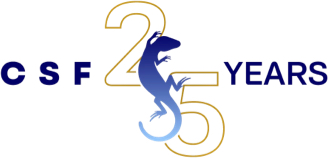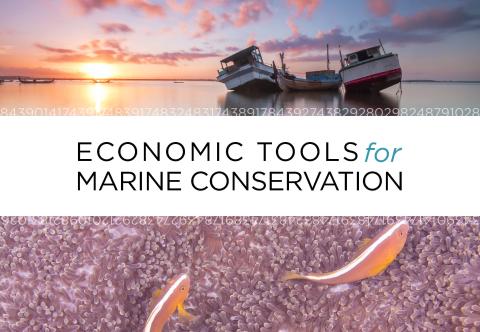
The course gave me new perspective on how economics can give solutions to marine problems. I will teach what I learned here to my students in Papua. Marsi Adi Purwadi, Papua
Twenty-four Indonesian conservation professionals participated in the two-week CSF’s course held in Bali on May 2016. Nineteen institutions were represented including the Ministry of Marine Affairs and Fisheries, Dept of Environment and Forestry, University of Indonesia, TNC, WWF, as well as other national universities and NGOs and private consultants.
The course was offered with support from the David and Lucile Packard Foundation and the Margaret A. Cargill Foundation and in collaboration with Bogor Agricultural University (IPB).
Instructors from the University of Wisconsin-Madison, the University of Hawai’i-Manoa, the Wildlife Conservation Society, and CSF’s staff led lectures, exercises, and games in our core curriculum: Microeconomics, Fisheries Economics, Environmental Valuation Spatial planning & environmental policy and Cost-Benefit Analysis.
To learn more about the course, instructors and curriculum continue reading the announcement below.
ORIGINAL COURSE ANNOUNCEMENT
Are you at the forefront of marine conservation and management challenges in Indonesia? Conservation Strategy Fund is now accepting applications for our Economic Tools for Marine Conservation training course, to be held May 16 - 27th, 2016 in Bali, Indonesia. This course is being offered with support from the David and Lucile Packard Foundation and the Margaret A. Cargill Foundation and will be held in collaboration with Bogor Agricultural University (IPB).
This course will provide a foundation in the economics of fisheries management and coastal conservation in Indonesia. Topics will include: economic drivers of destructive fishing practices and coastal degradation, valuation of environmental goods and services, incentives and policy solutions for fisheries and coastal resource management, marine spatial planning and protected area financing, and cost-benefit analysis of projects and policies. The training will also include a workshop component to help participants develop concrete applications of these tools.
Participants will gain the theoretical and practical knowledge needed to evaluate marine resource programs and policies, and come away equipped to pursue economically and environmentally sustainable development and management strategies. Policy advisers, conservation practitioners and natural resource managers will be able to make sound economic arguments for the benefits of well-managed fisheries and other marine resources.

"This course is very useful, especially in coastal and marine resource management. I gained an understanding of natural resource management from an economic perspective."
–Marthen Welly, 2015 Indonesia Course Graduate, Coral Triangle Center
Learn how economics can save coral reefs:
BENEFITS
Participants will gain:
- An essential knowledge of basic economic concepts and language.
- Insight into the drivers of marine environmental problems and overfishing, including market and institutional failures.
- Skills to evaluate the costs and benefits of natural resource management and development decisions, including values of environmental goods and services
- The ability to develop economic arguments for the benefits of well-managed fisheries, and to formulate more effective solutions and policies for coastal conservation and fisheries management.
- Invaluable practice using communication techniques to articulate environmental values and economic analysis in a language that communities, businesses, and governments can understand.
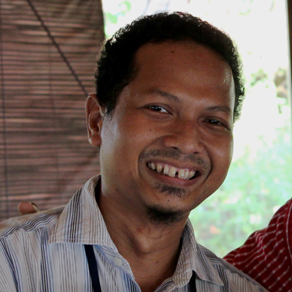
"I love this course. It is what I've been looking for to help me to be more confident on valuing natural resources in Indonesia. Great job CSF, thanks a lot!"
–Yayat Afianto, 2015 Indonesia Course Graduate, RARE Conservation Indonesia
PROGRAM
Microeconomics
- Market theory: Supply, demand, market equilibrium, and competition.
- Externalities, market failures and public goods: Why markets are inefficient when it comes to environmental protection.
Fishery and Natural Resource Economics
- Capital theory: The time value of money, interest rates and how they influence the use of natural resources.
- Market and institutional failures related to open access, public goods and property rights
- Fishery economics, optimal harvesting and policy options.
- Economic solutions to natural resource management challenges including taxes, incentives, and establishing property rights (private or communal) for open access resources.
- Exercises and instruction focused on game theory and fishery policy negotiation skills.
Environmental Policy
- An overview of various environmental policies to correct the problems of externalities, public goods and market failures.
- An overview of the role of environmental policies such as command and control legislation versus economic instruments for conservation such as taxes, subsidies, and tradable permit systems.
Environmental Valuation and Ecosystem Services
- Overview of links between ecosystems services and human benefits
- Environmental values, the methods used to calculate them, and how these methods are best used in various countries.
- Exercises to identify relevant ecosystem services and appropriate valuation methods.
Cost-Benefit Analysis
- Case studies evaluating the economic feasibility of small-scale and large-scale projects, including incorporation of externalities and sensitivity analysis.
- Effective strategies for presenting economic analysis results.
Only applicants working in Indonesians need apply. If you are working in other parts of Southeast Asia and would like to take a CSF course, we invite you to apply to our International Course, being held at University of California Berkeley in August 2016.

"I learned so much about how we can use economics to develop better management of conservation activities and to support sustainable use of natural resources."
–Anisa Budiaya, 2015 Indonesia Course Graduate, The Nature Conservancy Jakarta
INSTRUCTORS
Economic Tools for Marine Conservation will be taught by experts in environmental economics who have extensive field experience and understand real-world marine conservation challenges. Our instructors are drawn from CSF staff and leading academic and international institutions such as Harvard University, Duke University and IUCN. Links to individual instructor profiles are provided at the bottom of this page.
COST
CSF will cover the cost of tuition, accommodation, materials and 3 meals per day for accepted applicants. Participants are responsible for paying their own travel to and from Bali.
Watch CSF Instructor David Johnson explain why economics has a place in conservation:

